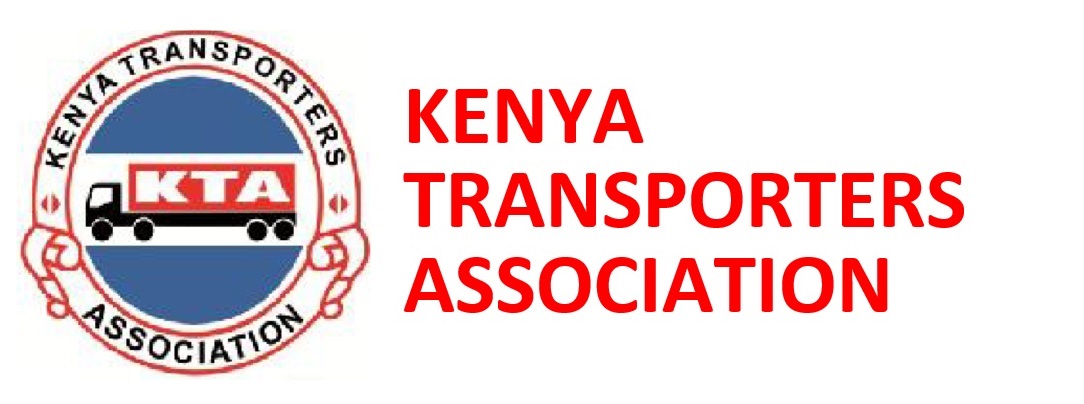
In a meeting held at Entebbe, Uganda on 8th -10th March 2022 to outline the logistics - related regional trade problems and design /provide solutions:
- To address high cost of transport and logistics in the region
- What can be done differently to improve regional trade
- How the EA Region can address the issue of backhaul logistics to reduce the cost of transport and logistics
- To ensure competitiveness and What private sector models would solve the problem
In this, KTA was placed in Group 4 presentation focusing on Elevated costs at Border Points/Crossings.
The representatives in group 4 included; Rwanda Revenue Authority(RRA), Burundi Revenue Authority, Burundi International Transporters Association, Kenya Transporters Association, Uganda Private Sector and Private Consultant on Logistics
The Costs at Border Crossings were, based on their nature, largely categorised as Statutory and Incidental Costs.
Statutory Costs
Transporters are charged CESS fees of USD 60 to enter Mombasa with export cargo, Road tolls and road user fees, Trucks parking fees and the mandatory COVID–19 testing fee for Drivers
Need to identify the parties involved i.e. County Governments, Highway Authorities, and Cross Border Regulatory etc., lobbying and engaging them for possible review/dropping these charges as well. Harmonization of the charges a cross the EAC Partner States and need to document and gazette charges for predictability
Incidental Costs
Incidental costs are mostly unplanned for or occur on as is basis, they included: Multiple Government Agencies at the Border crossing points, Punitive fines as a result of cargo shift by Weighbridge Operators, Delay in obtaining authority and route map for conveyance of over gauge cargo – heights declare are sometimes misleading and Constant vehicle breakdowns as a result of poor maintenance. Others were Frequent breakdown of Scanners, Poor Road Conditions, Longer system down time, Delay in cargo verification, Lack of RECTS ( seals), High tariff on container demurrages and Truck detention charges
DOWNLOAD REPORT

